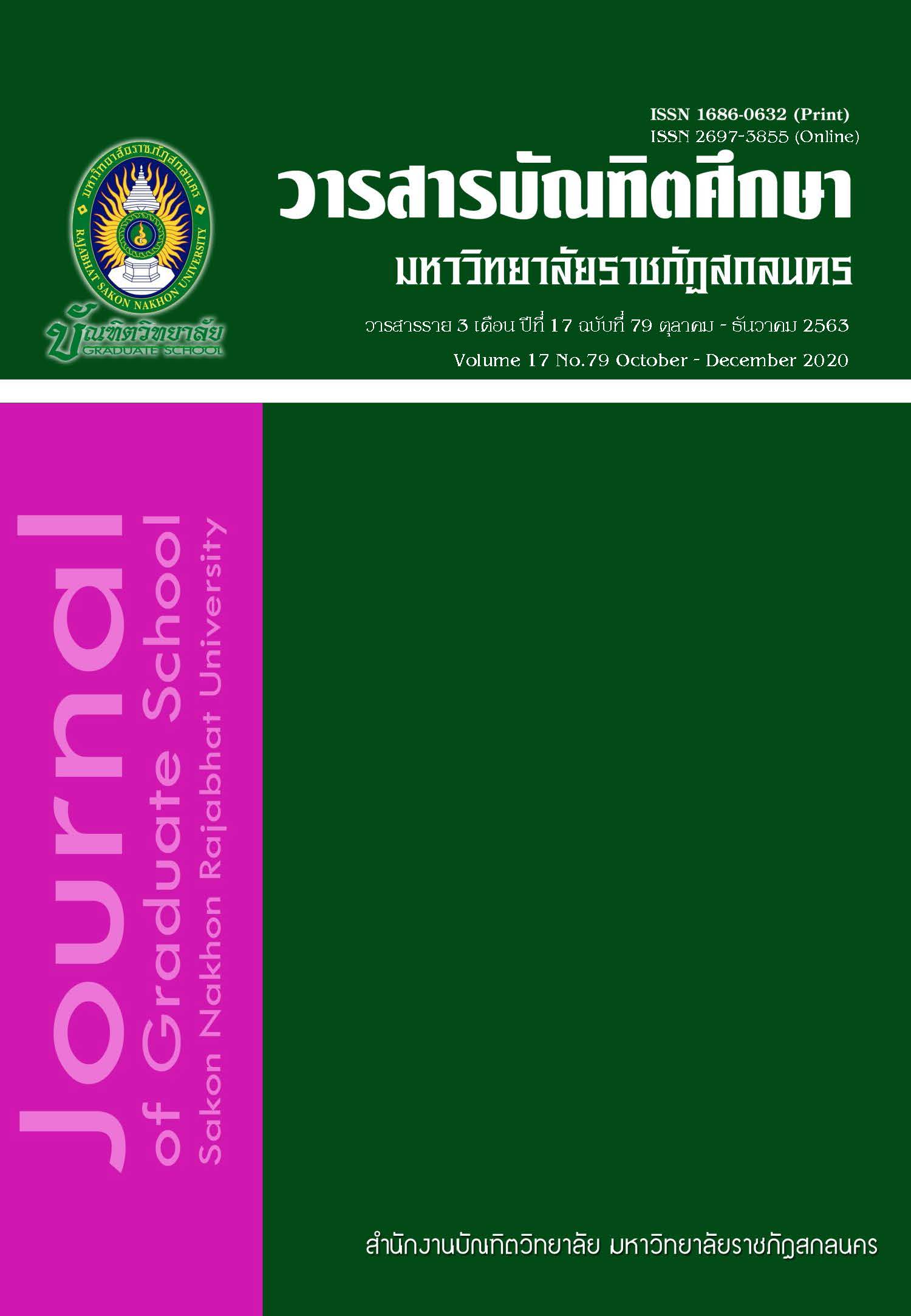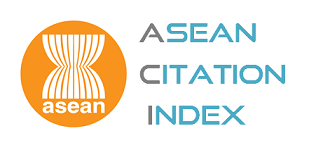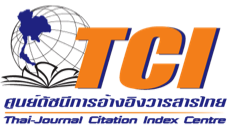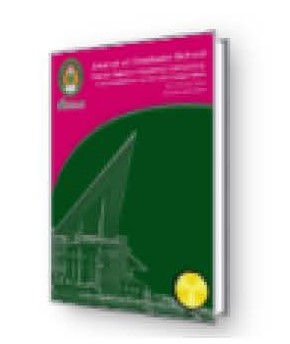กระบวนการจัดประสบการณ์การเรียนรู้แบบโครงงานเป็นฐาน ที่มีผลต่อทักษะการคิดแก้ปัญหาของเด็กปฐมวัยชั้นคละ โรงเรียนรุ่งอรุณ
Keywords:
Problem-Solving Skills, Problem-Solving Ability, Learning Experience Management based on Project-Based Learning ActivitiesAbstract
The purpose of this research was to examine the effects of the project-based learning activities on problem solving skills of 25 early childhood students in a mixed age classroom in the first semester of the academic year 2016 at Roong Aroon School. This action research was designed for managing learning experience based on the project-based learning activities, which was divided into three phases: Phase I-project initiation, Phase II - project development, and Phase III-project summary. The seven steps conducted under three phases were as follows; 1) exploring students’ interest, 2) using conversations to exchange ideas between teacher and students, 3) searching for Information, 4) questioning and experimenting, 5) following up by observation and taking notes, 6) conceptualization from gained results by a teacher and students, and 7) students’ knowledge transfer through exhibitions. The project-based learning activities focused on four types of problem-solving skills as follows: 1) individual problems that were unrelated to others, 2) individual problems that were related to others, 3) others’ problems that were related to children, and 4) Others’ problems. The research instruments for data collection included: 1) 24 lesson plans lasting 2 months, 2) observation notes of problem-solving skills, 3) an assessment form on problem-solving skills through AAR-based learning technique, and 4) a parent interview form to measure the effects before and after the intervention.
The results of this study indicated that after the intervention, most of students improved their problem-solving skills in all four types of problem-solving skills as follows: 1) For individual problems that were unrelated to others, students’ development was at a high level (20 percent) and at a moderate level (80 percent); 2) For individual problems that were related to others, students’ development was at a high level (12 percent) at a moderate level (28 percent) and at an initial level (60 percent); 3) For others’ problems that were related to children, students’ development was at a high level (8 percent) at a moderate level (28 percent) and at an initial level (64 percent); and 4) For others’ problems, students’ development was at a high level (8 percent) at a moderate level (40 percent) and at an initial level (52 percent).
References
บรรพต พรประเสริฐ. (ม.ป.ป.). การพัฒนาทักษะการคิดสำหรับเด็กปฐม. เข้าถึงได้จาก https://teacher.ssru.ac.th/banpote_po/mod/resource/view.php?id=17. 10 กุมภาพันธ์ 2559.
บุญชม ศรีสะอาด. (2553). การวิจัยเบื้องต้น. กรุงเทพฯ: สุวีริยาสาส์น.
ประภาภัทร นิยม. (2559). Mindfulness Practices in Thai Buddhist Schools. เข้าถึงได้จาก http://img.roong-aroon.ac.th/2560-2/mindfulness_Korea%20ENG.pdf. 18 พฤษภาคม 2559.
. (2561). ครูของครู. เข้าถึงได้จาก https://readthecloud.co/thoughts-13/. 20 มิถุนายน 2562.
เปลว ปุริสาร. (2543). การศึกษาความสามารถในการคิดแก้ปัญหาของเด็กปฐมวัย ที่ได้รับการจัดประสบการณ์แบบโครงการ. วิทยานิพนธ์ กศ.ม. กรุงเทพฯ: มหาวิทยาลัยศรีนครินทรวิโรฒ ประสานมิตร.
พรรณทิพย์ ศิริวรรณบุศย์. (2549). ทฤษฎีจิตวิทยาพัฒนาการ. (พิมพ์ครั้งที่ 3). กรุงเทพฯ: แอคทีฟ พริ้นท์.
วรพจน์ วงศ์กิจรุ่งเรือง และ อธิป จิตตฤกษ์. (2554). ทักษะแห่งอนาคตใหม่ : การศึกษาเพื่อศตวรรษที่ 21. กรุงเทพฯ: โอเพ่นเวิลด์ส.
วัฒนา มัคคสมัน. (2554). การสอนแบบโครงการ. (พิมพ์ครั้งที่ 3). กรุงเทพฯ: วี.พริ้นท์ (1991).
วิจารณ์ พานิช. (2555). วิถีสร้างการเรียนรู้ครูเพื่อศิษย์ในศตวรรษที่ 21. กรุงเทพฯ: ตถาตา.
. (2557). การประเมินเพื่อมอบอำนาจการเรียนรู้. กรุงเทพฯ: สานอักษร.
. (2557). บันทึกชุด “ประเมินเพื่อมอบอำนาจ” (การเรียนรู้). เข้าถึงได้จาก https://web.facebook.com/permalink.php?id=133230516687029&story_fbid=831757930167614. 2 กุมภาพันธ์ 2559.
สถาบันอาศรมศิลป์. (2561). การเรียนรู้อย่างเป็นองค์รวม. เข้าถึงได้จาก https://www.arsomsilp.ac.th/curriculum-holistic/. 20 มิถุนายน 2562.
สุจินดา ขจรรุ่งศิลป์ และธิดา พิทักษ์สินสุข. (2550). การเรียนรู้ของเด็กปฐมวัยไทย : ตามแนวคิดเรกจิโอ เอมมิเลีย. กรุงเทพฯ: วี.ที.ซี คอมมิมนิเคชั่น.
สำนักงานคณะกรรมการการศึกษาเอกชน. (2546). แผนการจัดประสบการณ์ระดับก่อนประถมศึกษา. กรุงเทพฯ: โรงพิมพ์คุรุสภา.
สำนักวิชาการและมาตรฐานการศึกษากระทรวงศึกษาธิการ. (2547). คู่มือหลักสูตรการศึกษาปฐมวัย พุทธศักราช 2546 (สำหรับเด็กอายุ 3-5 ปี). กรุงเทพฯ: โรงพิมพ์คุรุสภาลาดพร้าว.
สำนักวิชาการและมาตรฐานการศึกษากระทรวงศึกษาธิการ. (2560). หลักสูตรการศึกษาปฐมวัย พุทธศักราช 2560. กรุงเทพฯ: โรงพิมพ์ชุมนุมสหกรณ์การเกษตรแห่งประเทศไทยจำกัด.
ศิรินาถ บัวคลี่. (2549). การพัฒนาความสามารถในการคิดแก้ปัญหาของเด็กปฐมวัย โดยใช้การจัดประสบการณ์แบบโครงงาน. วิทยานิพนธ์ ศษ.ม. กรุงเทพฯ: มหาวิทยาลัยศิลปากร.
ศิริชัย กาญจนวาสี (2552). ทฤษฎีการทดสอบแบบดั่งเดิม. (พิมพ์ครั้งที่ 6). กรุงเทพฯ: โรงพิมพ์แห่งจุฬาลงกรณ์มหาวิทยาลัย.
Downloads
Published
How to Cite
Issue
Section
License
บทความทุกบทความที่ตีพิมพ์ในวารสารบัณฑิตศึกษา มหาวิทยาลัยราชภัฏสกลนคร ถือว่าเป็นลิขสิทธิ์ของบัณฑิตวิทยาลัย มหาวิทยาลัยราชภัฏสกลนคร










